Google's latest announcement about bringing Android to PCs is not another tech experiment, it is a swing at the whole computing playbook. At the recent Snapdragon Summit 2025, Google's Rick Osterloh confirmed that the company is working with Qualcomm to run Android on PCs, unifying their mobile and desktop platforms. That is a sharp turn from Google's long habit of keeping separate operating systems for different device categories.
The collaboration centers on what Osterloh describes as a "common technical foundation for products on PCs and desktop systems," a clean break from split platforms. Industry support is not shy either. Qualcomm CEO Cristiano Amon put it bluntly: "I've seen it. It's incredible. It delivers on the vision of convergence between mobile and PC."
What makes this Android PC vision so compelling?
The foundation Google is building goes far beyond scaling Android to a bigger display. Google and Qualcomm are creating a shared base that unifies Android across phones and PCs, which cuts the fragmentation that usually ruins cross‑device experiences.
Here is the fun part. A single platform opens up behavior that separate systems struggle to pull off. Picture finishing notes on your phone while in a rideshare, then sitting down at your PC and the same app, the same interface, is waiting for you, no awkward handoff. Your preferences follow, your context follows. And because Google can leverage their entire AI stack, you get "Gemini models, bringing the assistant, bringing all of our applications and developer community into the PC domain."
The hardware timing helps. Snapdragon chips have become increasingly powerful in recent years, and Oryon CPU cores bring performance jumps you can feel, all‑day battery life, instant wake, the kind of quiet efficiency that makes a coffee shop laptop feel like a phone that grew up. Meanwhile, ARM architecture provides significant efficiency gains that make Android PCs not just feasible, but compelling for mobile‑first users who care about weight, heat, and time away from outlets.
The strategic implications are massive
Google's Android PC project aims at something Microsoft chased but never nailed, true mobile‑desktop convergence. Microsoft tried this approach with Windows 10, Continuum, and Windows Core OS, yet a seamless platform across form factors never fully arrived. This time, Google benefits from lessons learned and a market that is finally ready.
The disruption goes beyond tossing another Windows alternative into the ring. This project could disrupt players like Microsoft and Intel, shifting a PC ecosystem that has looked the same for decades. Unlike Microsoft's mobile struggles, Google starts with a platform that already dominates mobile computing.
Speed matters. Google already works with PC makers like HP, Dell, and Lenovo through Chromebook programs, so those OEMs know the playbook. That frees Google to focus on hardware that turns heads and software that gives OEMs a reason to diversify away from a Windows‑only portfolio.
Most importantly, Android brings its massive developer ecosystem to the PC, a luxury past challengers never had. It is not only app count, it is developer mindshare, test labs, and the economic pull that keeps apps polished.
How this connects to Google's broader strategy
This Android PC push fits a longer consolidation arc. Google confirmed earlier in 2025 that it is merging ChromeOS with Android, and the company has been clear that Android is the "technical foundation" for the unified platform.
Viewed through Google's AI ambitions, the move clicks. One platform means AI that does not have to glue together incompatible systems, cross‑device context where your PC knows what you were researching on your phone, predictive workflows that stage your desktop based on your mobile habits. The project leverages AI capabilities such as Gemini models and the assistant, so features can feel native rather than bolted on.
The timing also lines up. Windows has been slowly losing market share in recent years, and Microsoft has lost trust with users thanks to privacy worries, ads, and forced features. Android PCs arrive as a cleaner, user‑first alternative, right when many Windows users feel worn out.
What this means for the computing future
The impact is bigger than adding one more operating system to the shelf. For everyday workflows, an Android PC will fit the bill, Office, the web, Teams or Slack, streaming, the stuff most people actually do. In those lanes, Android PCs promise longer battery life, tighter security defaults, and effortless phone integration.
Google's approach also dodges the architectural baggage that tripped past convergence plans. Windows 11 is built on decades of legacy code, with backwards compatibility reaching into the 90s. That weight still matters, and Windows today cannot run on form factors outside of the PC space, which keeps it locked in the classic desktop mold.
Android has already proven it can flex across form factors. The platform runs on phones, tablets, TVs, and cars, and it adapts interfaces and performance to match. When the same core OS can live on a foldable, a tablet, and a laptop, the learning curve fades and your data and preferences travel with you.
This pressure could spur the entire industry to move faster. Google bringing Android to PCs next year may push Microsoft to modernize Windows architecture, finally shaking off legacy limits.
The convergence revolution is finally here
We are not just watching Google tack PC support onto Android, we are watching a long promised convergence finally step into the light. Cristiano Amon's enthusiastic endorsement hints at something real, not vapor, a platform that could reset how we think about personal computing.
Execution still decides everything. Yet Google shows up with a battle‑tested mobile platform, real hardware partnerships, deep AI integration, and timing that meets peak frustration with old‑school PC limits. The mix matters more than any single piece, and this mix looks potent.
As Amon noted, "I cannot wait to have one", and that probably mirrors how millions of people feel after years of being told their phone and PC would work together, someday.
Bottom line, Google's Android PC project is the most credible shot yet at mobile‑desktop convergence, backed by the resources, partnerships, and ecosystem to pull it off. The computing landscape may never be the same.




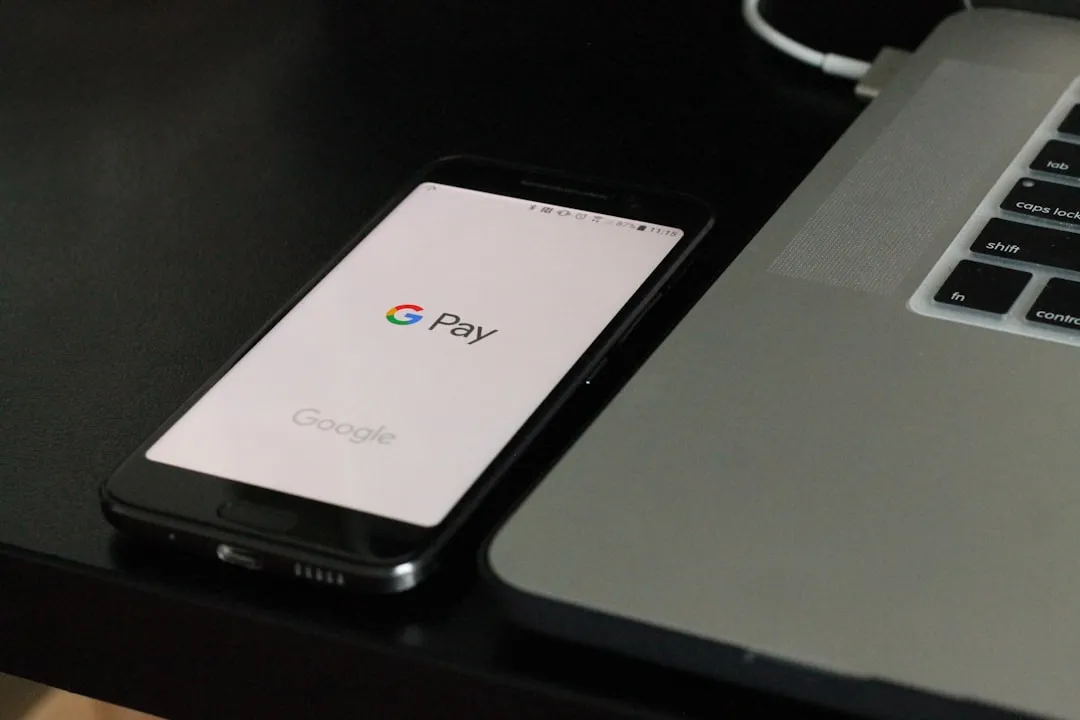


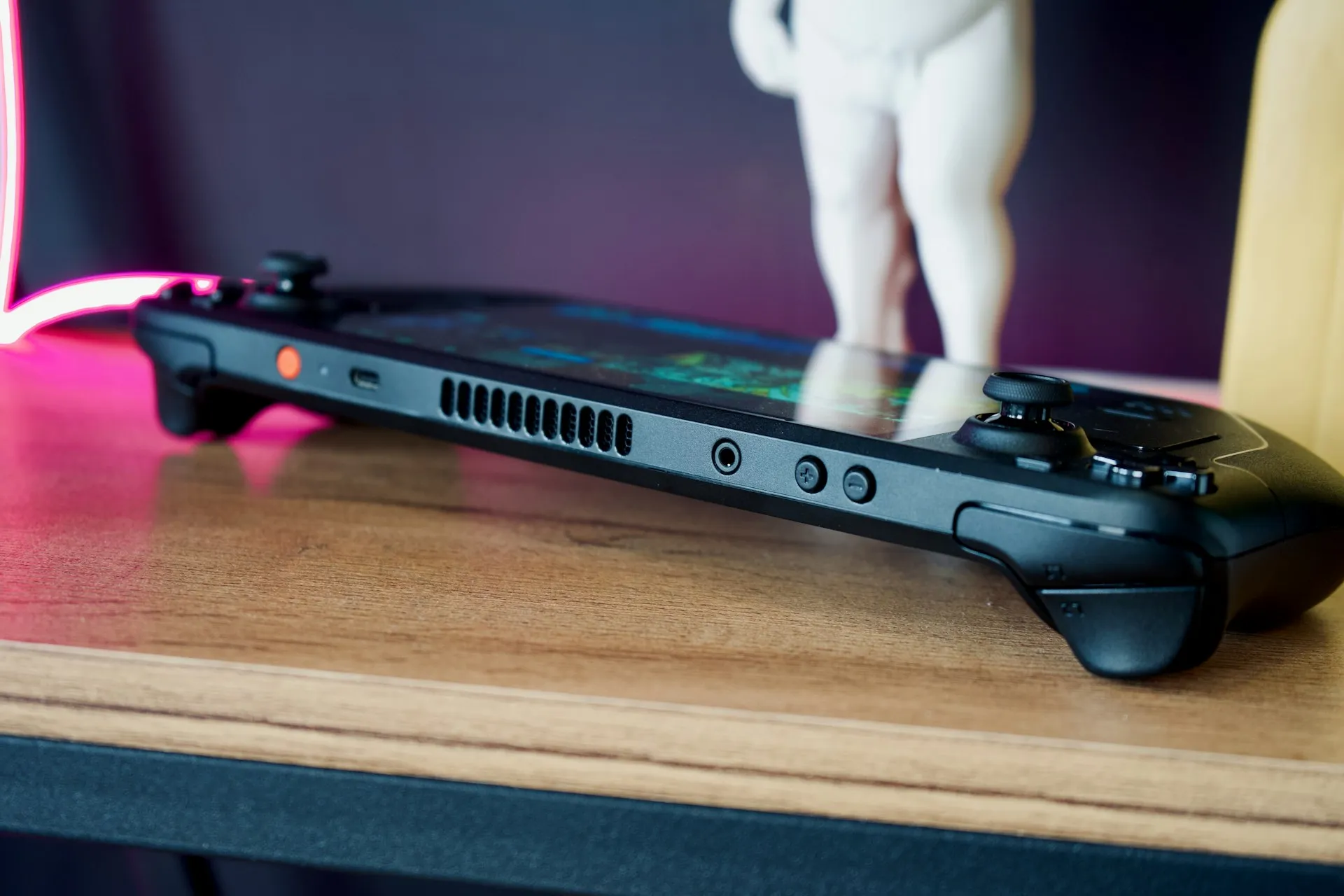
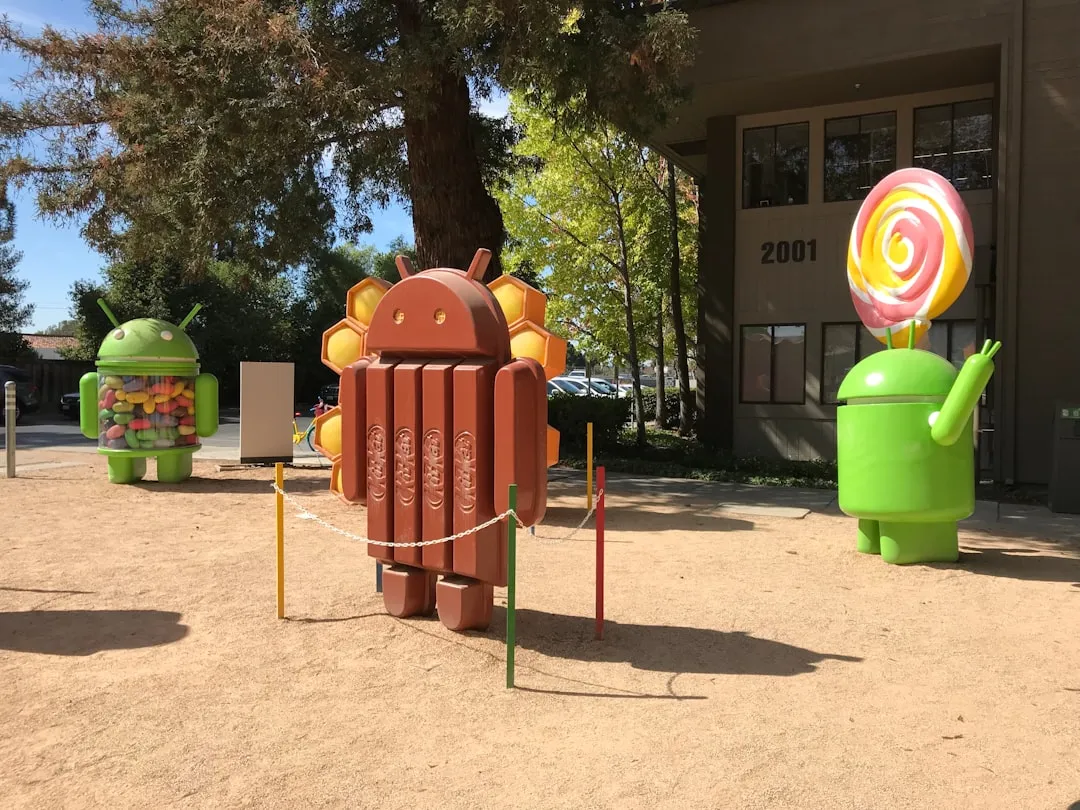
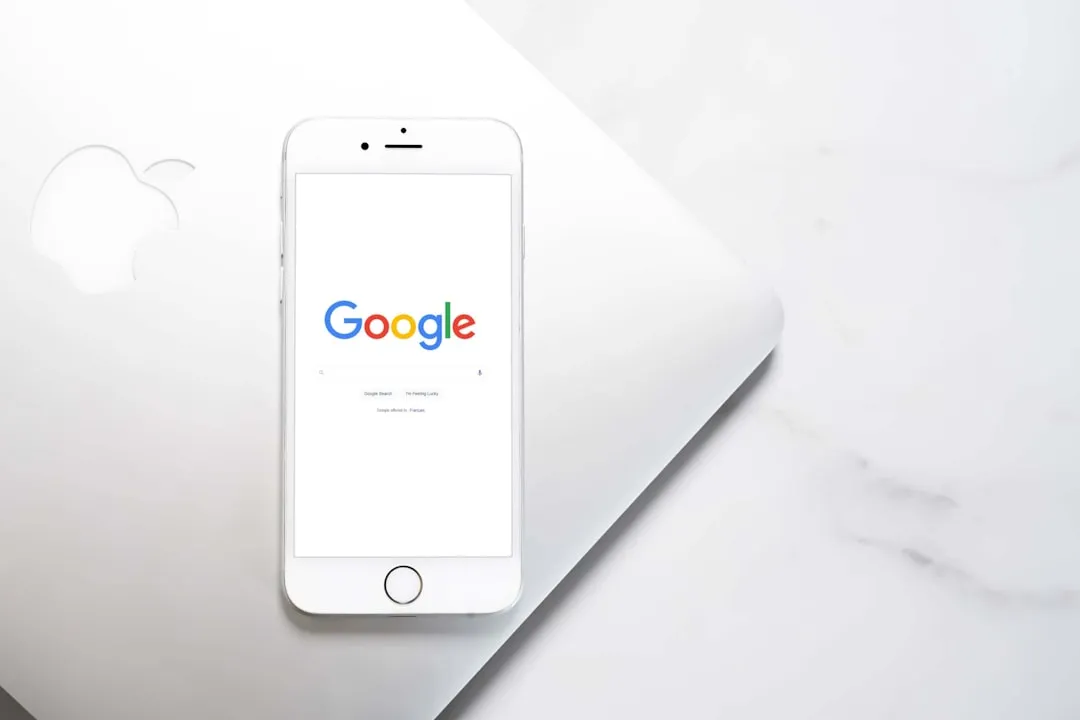


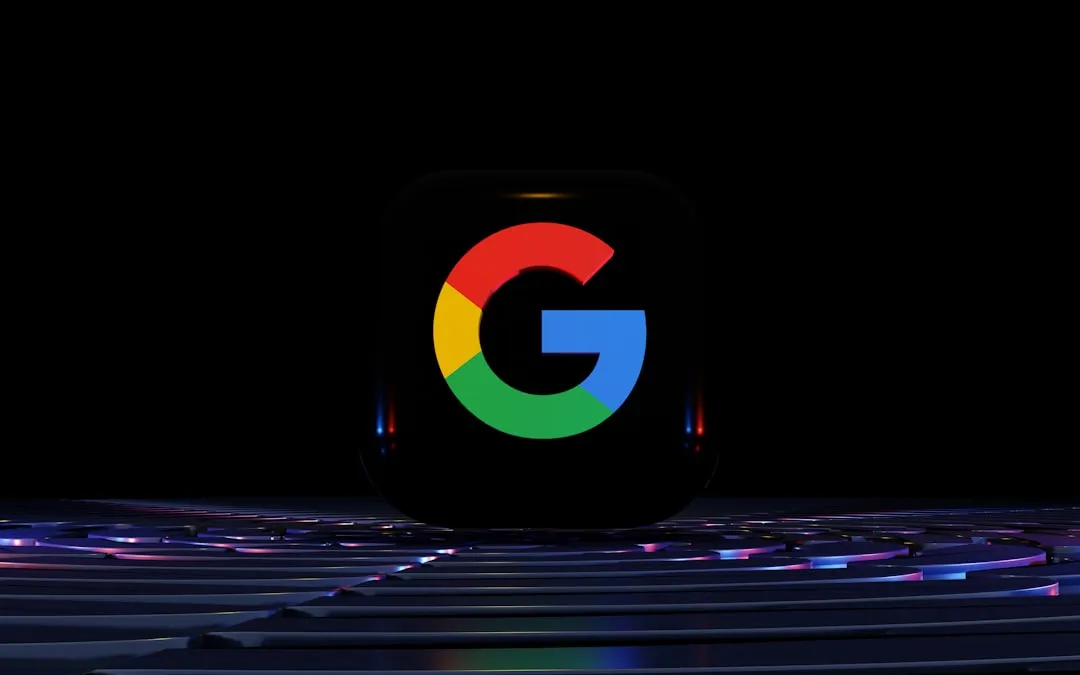



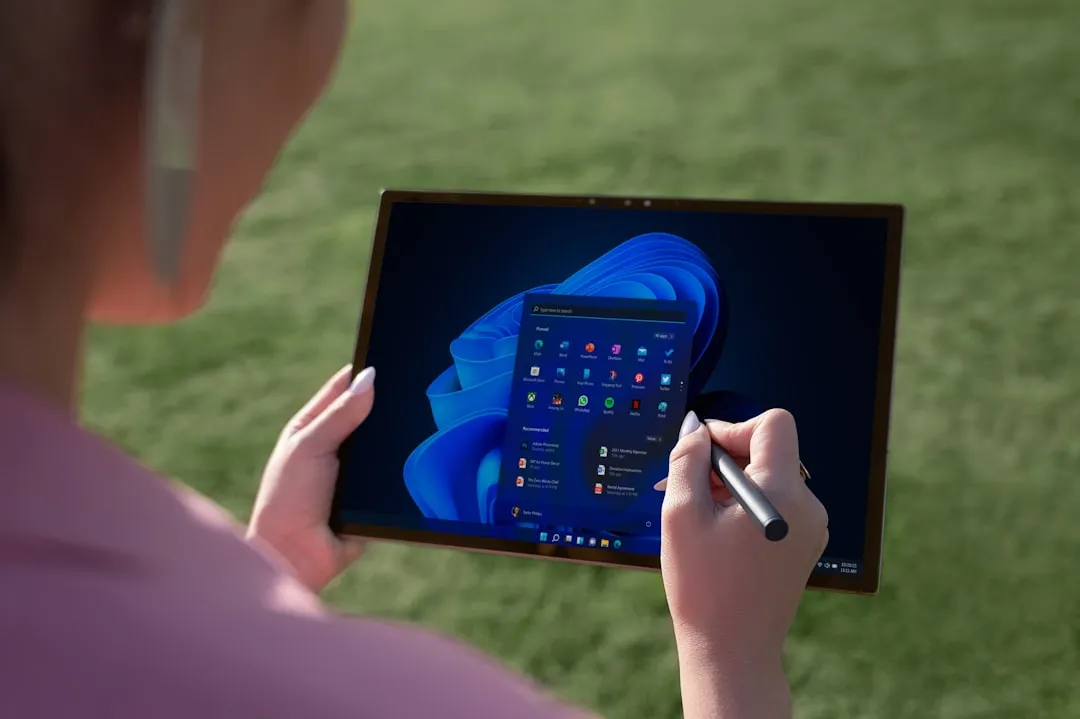
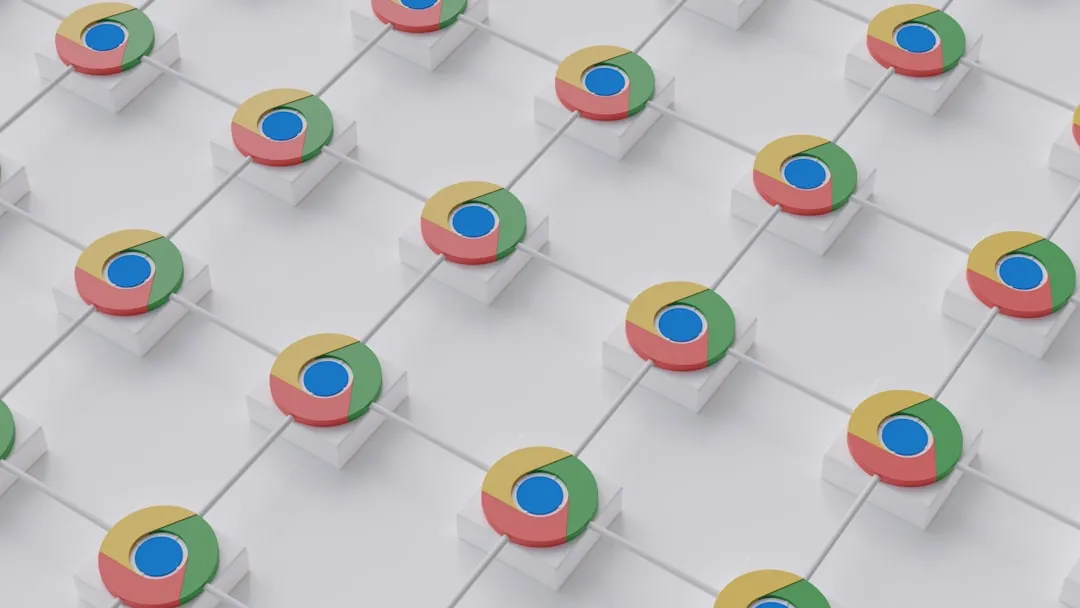
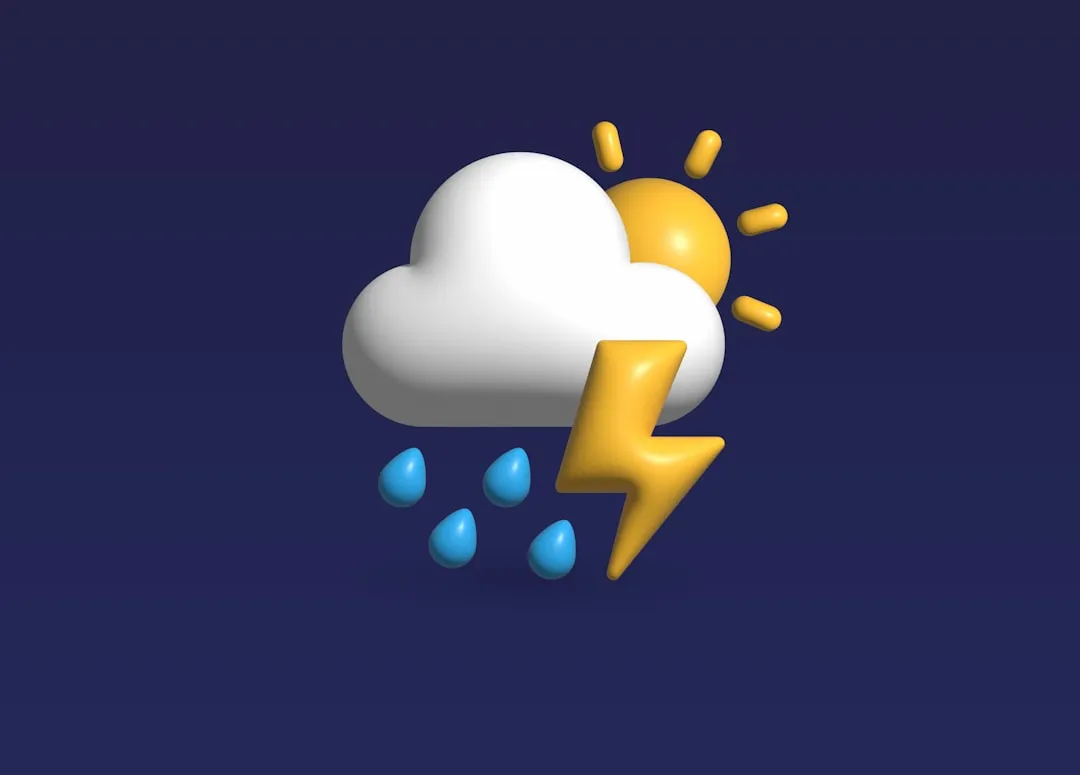
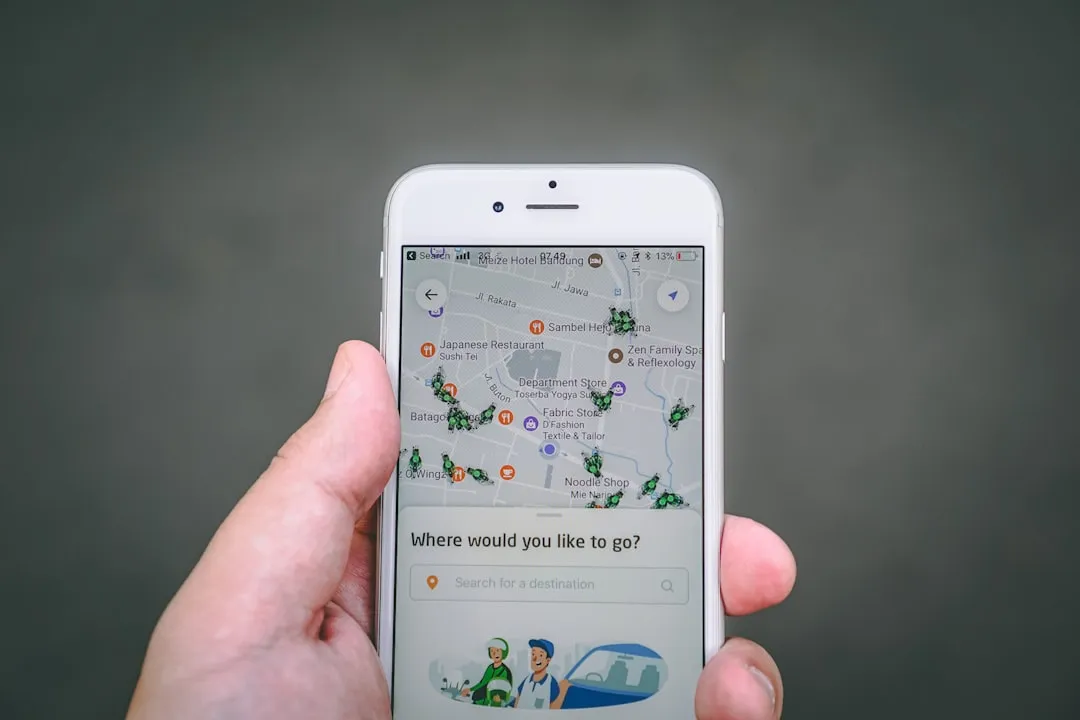
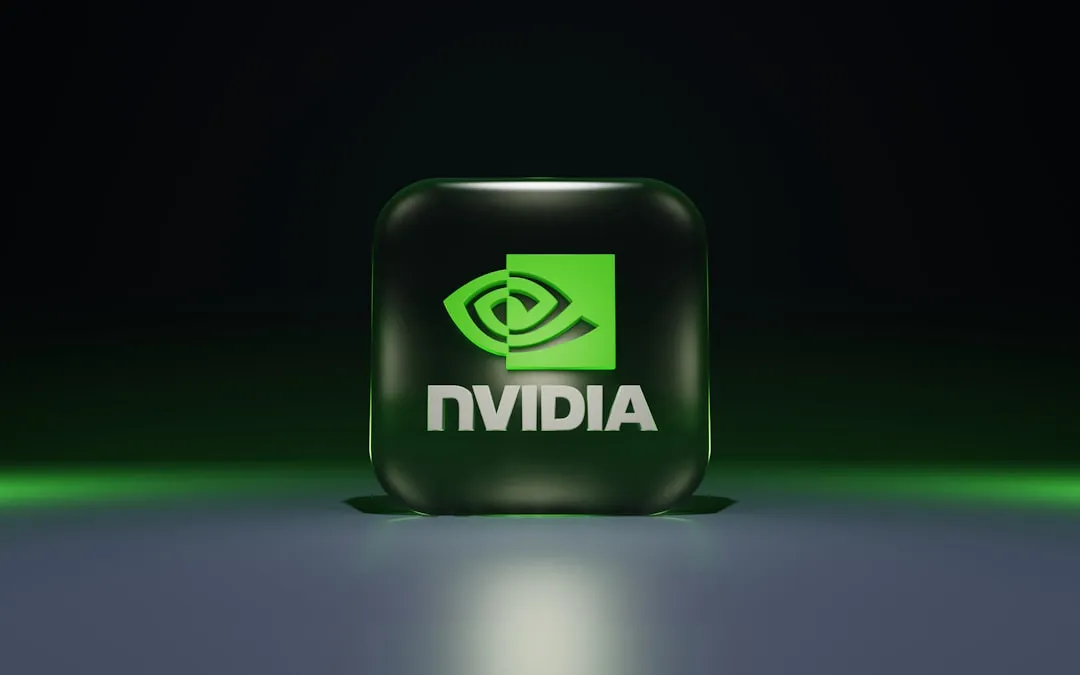


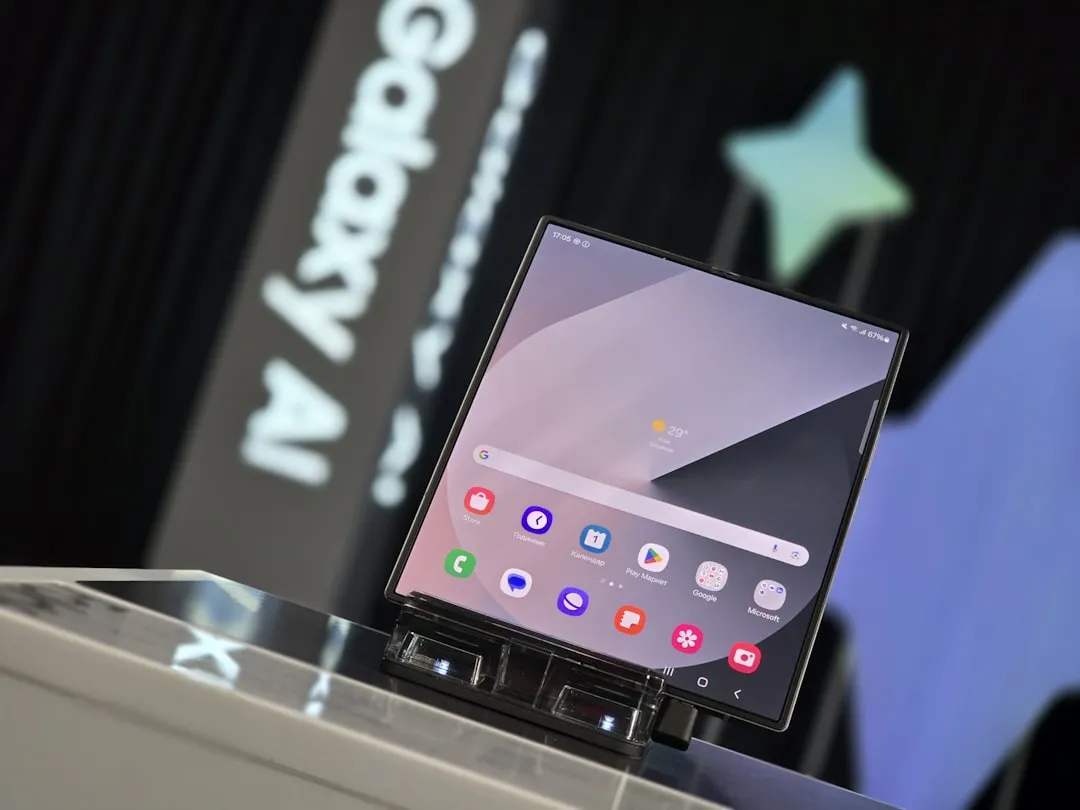

Comments
Be the first, drop a comment!